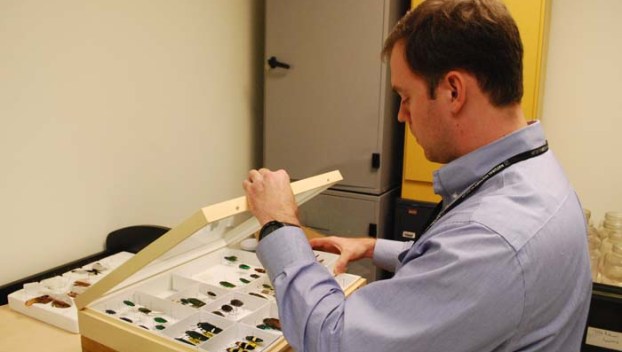
Ga Fl News
GC biologists protect ash trees under threat
MILLEDGEVILLE, Ga. — In a classic David vs. Goliath story, Goliath may be in need of an extra ... Read more

MILLEDGEVILLE, Ga. — In a classic David vs. Goliath story, Goliath may be in need of an extra ... Read more